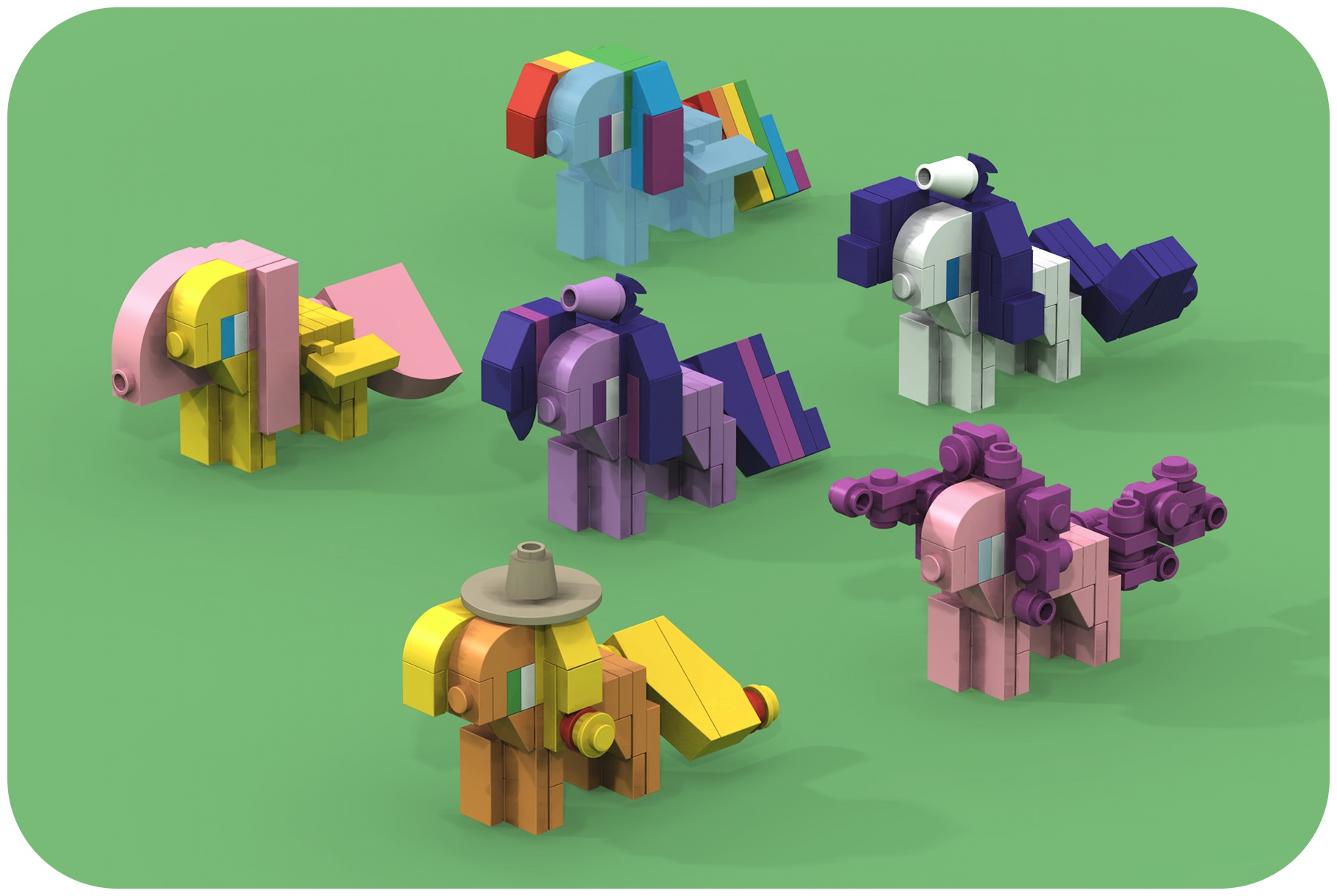Read the collection of articles published from this CFP.
Paulo Freire claims in Pedagogy of the Oppressed that “the great humanistic and historical task of the oppressed [is] to liberate themselves and their oppressors as well.” It’s a conundrum, but an important one. For without this mandate, those waging their way out of oppression may suffer themselves to become oppressors in their own right, and then their efforts may be waged against those seeking liberation.
Hybrid Pedagogy’s editorial board is made up of three gay men, two straight women, and two additional straight men. We are all white. We are all educated. We, of course, are more than these identity categories imply, yet to one extent or another, our lives are lived with whatever modicum of privilege these things, born and earned, give us. As critical pedagogues, we are aware that our rights and privileges are not valid unless we fight for the same rights for others. And so our journal has always illuminated the struggles of the outcasts, the orphans, the contingent — those voices that go otherwise unheard by the staid and layered pages of the everyday academic journal.
But the story of identity in a learning space can’t be told by one person, or even seven people, but only by a cacophony of voices, a gathering together — of sounds, of ideas, of pedagogical intentions. In “Toward a Pedagogy of Relation,” Alexander M. Sidorkin writes, “polyphonic truth is a much more workable concept than any other form of knowledge. Relations thus are not describable by one person. Instead, a group of people can describe relations, and then one person can describe their description.” Some of this work is loud, a rage against the dying of the light, and some of it is quieter like the space between this paragraph and the next.
This CFP intends to allow our readers and writers to narrate their experiences — not only of oppression, but of difference. The goal is to make space for a broader perspective, to bring otherwise marginalized voices (or bits of voices no matter how small) to the fore. We’re seeking reflections upon the lived (and often distinctly physical) experiences we have in classrooms and a consideration of how we build a pedagogy from those experiences.
Paraphrasing Peter McLaren, Jeffrey M.R. Duncan-Andrade and Ernest Morrell outline the goals of critical pedagogical practice (The Art of Critical Pedagogy): “Critical pedagogies can provide teachers and researchers with a better means of understanding the role that schools play within a race-, class-, and gender-divided society. This promotes the questioning of student experiences, texts, teacher ideologies, and aspects of school policy that conservative and liberal analyses too often leave unexplored. Further, critical pedagogues aim to pry theories away from the academics and incorporate them into educational practice” (23). In this CFP, then, we seek to make story pedagogical — to turn narrative into an exploration of how the experience of difference can be marshaled for pedagogical aims.
Danielle Paradis writes in “The Pleasures, the Perils, and the Pursuit of Pedagogical Intimacy,” “Learning is uncomfortable, and the trouble with letting someone teach you is that it leaves a mark — an impression.” We are not looking for narratives that will warm our hearts, or paint a rainbow of attractive variation. These will be essays and articles that teach, preach, and edify, the stories that make academe color-rich and complicated.
In Teaching Community: a Pedagogy of Hope, bell hooks writes,
Dominator culture has tried to keep us all afraid, to make us choose safety instead of risk, sameness instead of diversity. Moving through that fear, finding out what connects us, revelling in our differences; this is the process that brings us closer, that gives us a world of shared values, of meaningful community.
Ordinarily, we would outline here a series of questions — points of departure — but we recognize our own inability to adequately map the terrain of this topic. Instead, we hope that you will do that mapping. HASTAC has adopted as its mission statement, “Difference is our operating system,” and we nod to this with our CFP here, fully aware that the best responses to our call — the ones from the bravest of outliers — are the ones we couldn’t possibly anticipate in advance.
Importantly, this CFP is as much a call for writing as it is a call for listening.
This is a rolling call. Articles should be 1,000 – 2,500 words and work in some way toward the purpose of this call. We also encourage multimedia experimentation. To submit an article or multimodal response, visit Hybrid Pedagogy’s submissions page.

